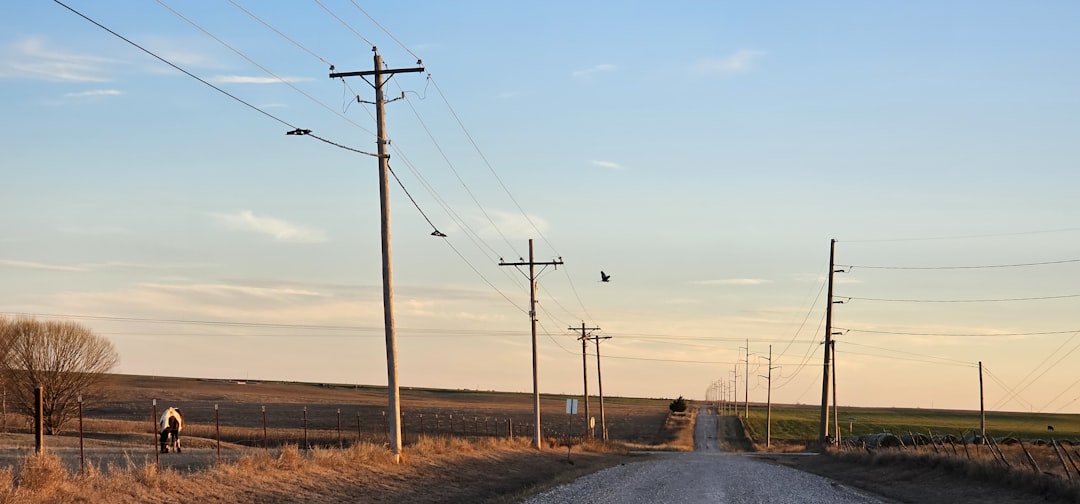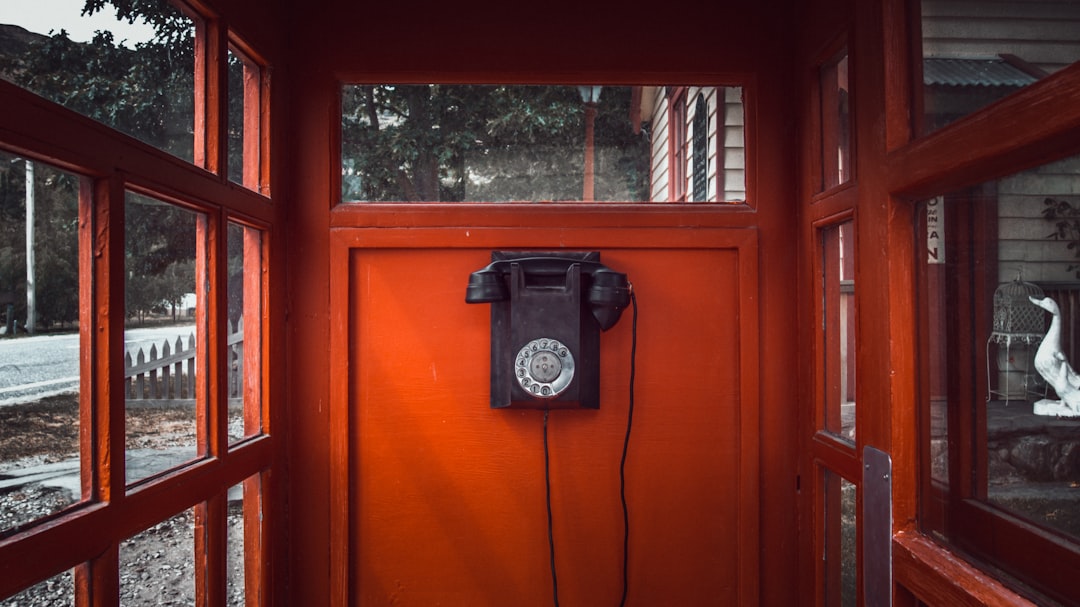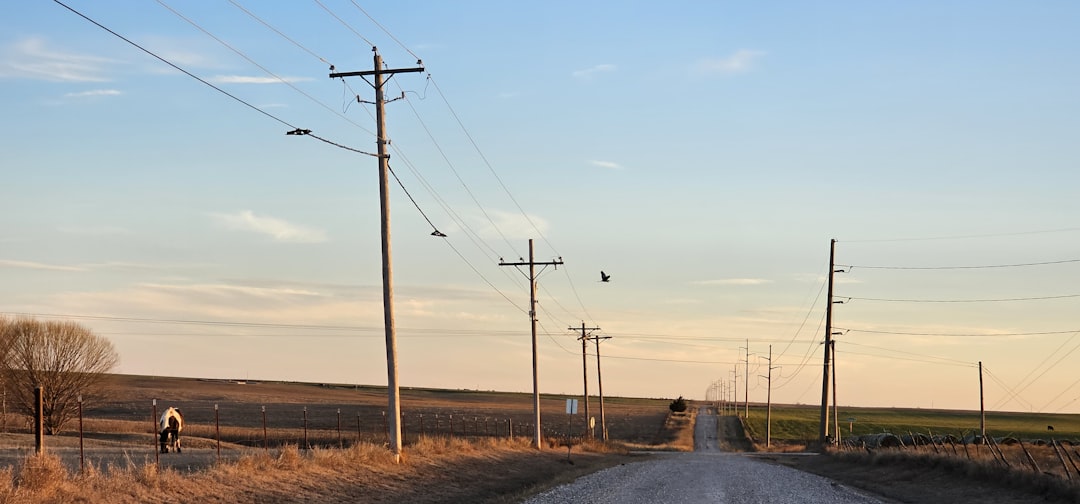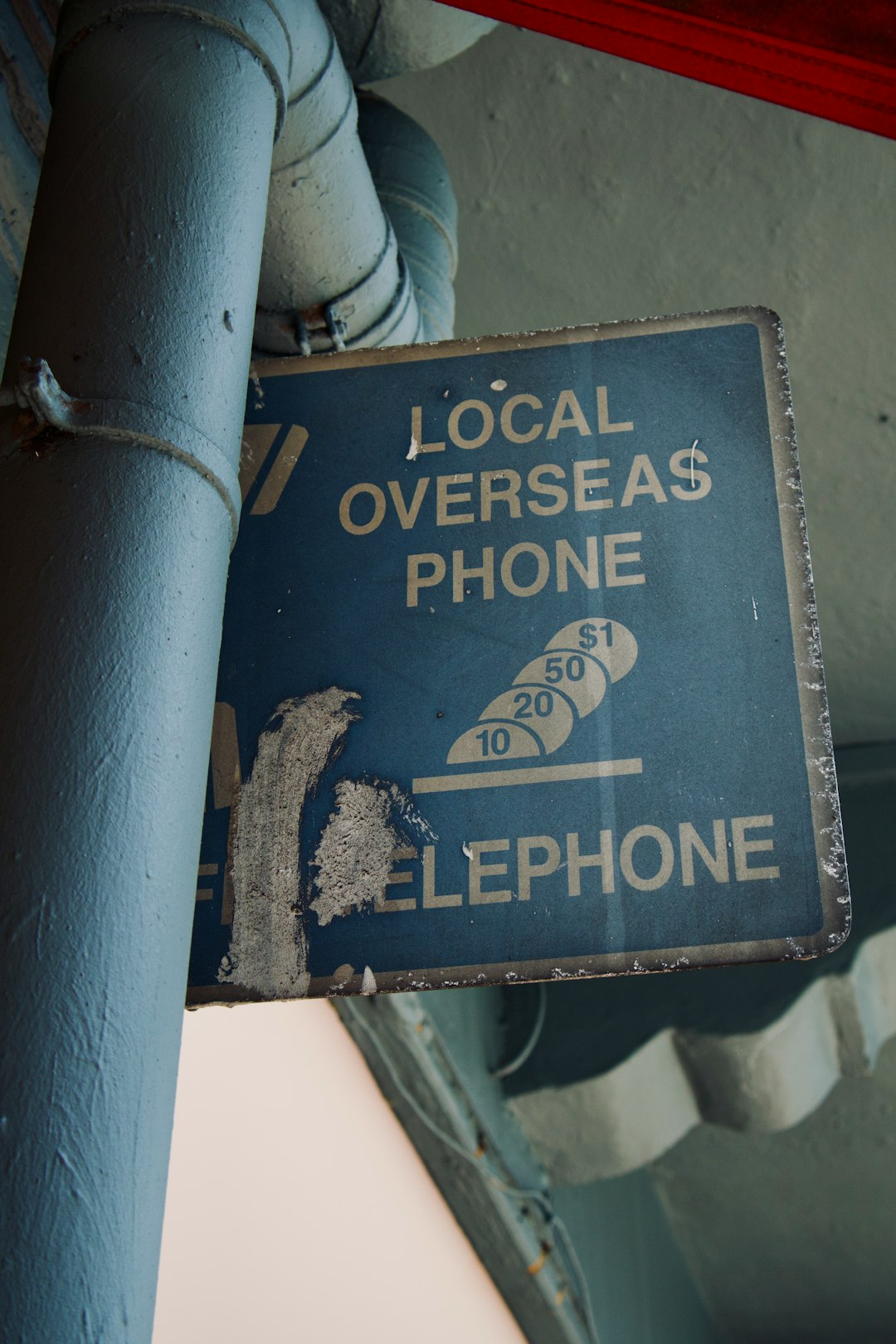Oklahoma's Spam Call Law protects residents from automated marketing calls without consent. Chickasha citizens can combat spam texts by blocking numbers, using smartphone filters, and registering with Do Not Call registries. They should also stay informed about local laws like the TCPA and be cautious with personal data to minimize unwanted calls from spam call law firms in Oklahoma.
In today’s digital age, no one is immune to unwanted spam texts. Chickasha residents face a similar challenge, prompting this guide to help protect personal information from unsolicited messages. Understanding Oklahoma’s strict spam call laws is essential, as it empowers citizens to take action. Learn effective strategies for identifying and blocking spam texts, along with best practices to safeguard your data. By implementing these measures, residents can enjoy greater peace of mind knowing their privacy is respected.
Understanding Oklahoma's Spam Call Laws

In Oklahoma, including Chickasha, residents are protected by state laws that regulate spam calls, also known as unsolicited telephone marketing calls. The Oklahoma Spam Call Law (Oklahoma Statute Title 13, Section 1501 et seq.) prohibits companies and individuals from making automated or prerecorded phone calls to consumers without their prior explicit consent. This law is designed to safeguard personal privacy and prevent annoying and invasive marketing tactics.
Chickasha residents should be aware that certain exceptions exist, such as calls from non-profit organizations, government agencies, or businesses with which the recipient has an established business relationship. However, if you’re receiving spam texts or calls from unknown sources, you have the right to file a complaint with the Oklahoma Attorney General’s Office. This can help enforce the spam call laws and potentially lead to action against persistent violators. Remember, understanding your rights under these regulations is the first step in protecting your personal information from unwanted spam.
Identifying and Blocking Spam Texts

Chickasha residents can take proactive steps to identify and block spam texts effectively. One of the first lines of defense is to be aware of common patterns and indicators that signal a message might be unsolicited or fraudulent. Spam texts often originate from unknown numbers, contain urgent or intimidating language, or promote questionable products or services. Additionally, they may ask for personal information under various pretexts.
Residents should also utilize the tools provided by their mobile carriers, which frequently include options to block specific numbers or categories of calls, including spam. Many modern smartphones have built-in features that allow users to identify and filter out these unwanted messages. Furthermore, registering with the National Do Not Call Registry can help reduce the volume of spam calls, although it may not completely eliminate them, especially from law firms known for aggressive marketing tactics, which are common offenders under Oklahoma’s Spam Call laws.
Protecting Personal Info: Best Practices

Chickasha residents can take several proactive steps to safeguard their personal information from spam texts, which have become an increasingly common nuisance. One of the most effective methods is to never share sensitive data, such as phone numbers, addresses, or social security details, unless absolutely necessary. This includes being cautious when providing contact information on online forms or during registration processes.
Additionally, staying informed about local and federal spam call laws in Oklahoma is paramount. The Telephone Consumer Protection Act (TCPA) restricts the practices of telemarketers and provides consumers with tools to block unwanted calls. Utilizing built-in privacy settings on devices, enrolling in Do Not Call registries, and maintaining a strict policy of not revealing personal details can significantly reduce the risk of falling victim to spam texts and protect one’s privacy.






